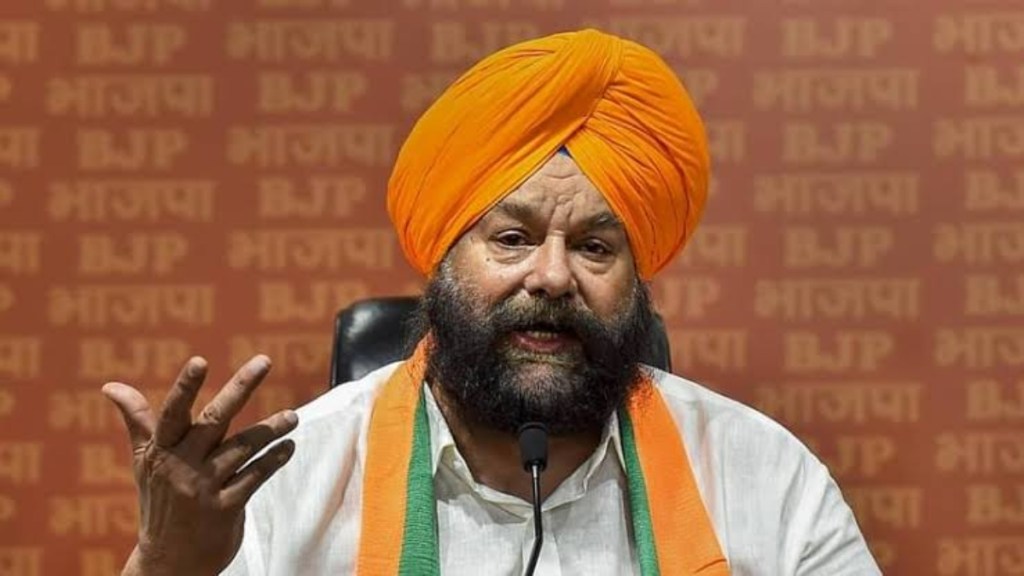In a closely contested battle, Bharatiya Janata Party (BJP) candidate Tarvinder Singh Marwah has won the Jangpura assembly constituency, defeating Aam Aadmi Party (AAP) leader Manish Sisodia by a margin of approximately 600 votes. According to the Election Commission of India, Marwah secured 34,632 votes, while Sisodia trailed with 34,060 votes. Congress candidate Farhad Suri was unable to make a significant impact, finishing with just 6,866 votes, losing by a massive margin of over 27,766 votes.
Who is Tarvinder Singh Marwah?
Marwah, a three-time Congress MLA from Jangpura, switched allegiance to the BJP in July 2022, criticising his former party and the Gandhi family for sidelining veteran leaders. From 1998 to 2013, he represented Jangpura in the Delhi Legislative Assembly and remained an influential figure in the region. Despite losing in the past three elections, he consistently secured substantial votes, making him a formidable contender. Currently, Marwah is also a member of the Delhi Sikh Gurdwara Management Committee.
On winning the Delhi Elections 2025 from the Jangpura assembly constituency, BJP leader Tarvinder Singh Marwah expressed his gratitude, saying, “I thank PM Narendra Modi, Virendraa Sachdeva, and JP Nadda for considering me worthy enough to contest against Manish Sisodia. Sisodia admitted to me that he needed Atishi and Arvind Kejriwal to campaign for him because he considered me a strong opponent.”
Jangpura has historically been a Congress stronghold, and this is the first time a BJP candidate has won the seat since the inception of Delhi Assembly elections. The constituency is known for its diverse demographics, comprising a significant Sikh and Punjabi voter base, alongside substantial Muslim and Dalit communities. The BJP’s decision to field Marwah aimed to capitalize on his strong local presence and experience.
In a bid to counter anti-incumbency, AAP relocated Manish Sisodia from his stronghold in Patparganj to Jangpura. However, the strategy did not pay off, as Sisodia was unable to secure victory against Marwah. The loss marks a significant setback for AAP, which has dominated Delhi politics over the last decade.
The constituency includes posh South Delhi neighbourhoods like Lajpat Nagar, Nizamuddin, and Sunder Nagar, along with urbanized villages such as Bhogal, Ashram, and Kilokari. Historically, Punjabi voters who migrated after the 1947 partition played a crucial role in deciding election outcomes, though their influence has slightly declined over the years.
Polling for the Delhi Assembly elections took place on February 5 in a single phase, with the BJP now looking to reclaim its position in the national capital.

